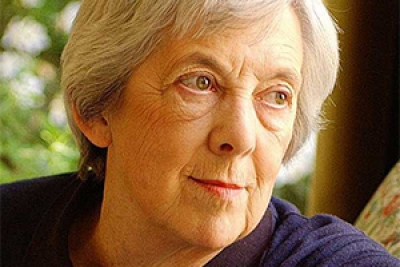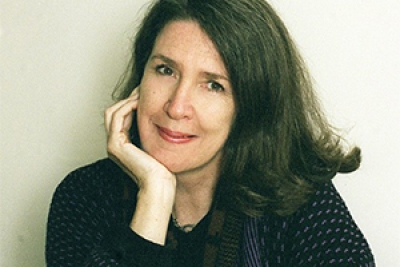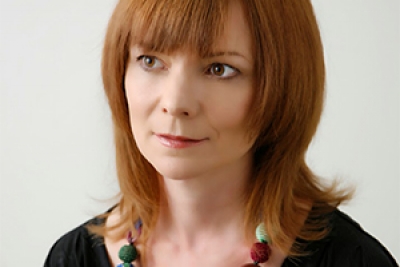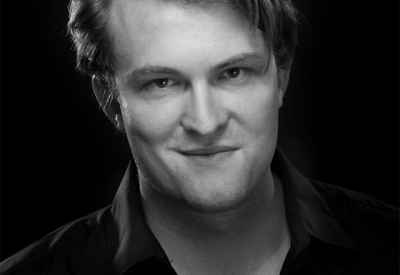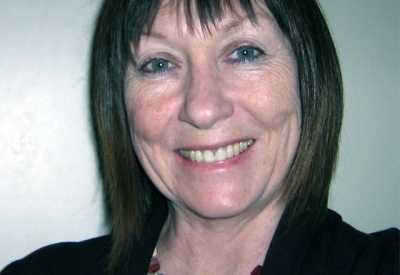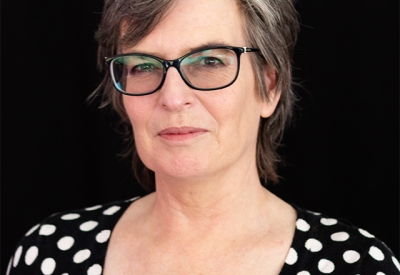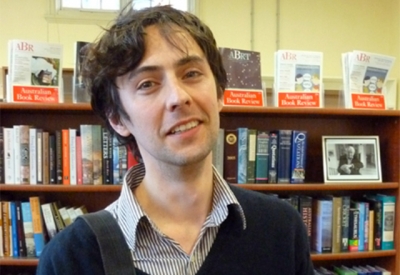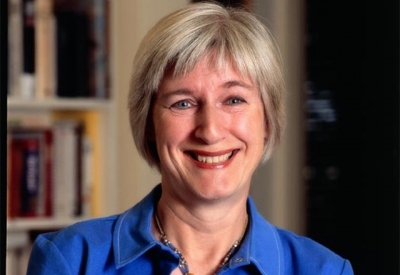Critic of the Month
Enthusiasm, eloquence, a distinctive voice, openness to the unexpected, a well-stocked mind, wit, and humour: some or all of these gifts would make the ideal reviewer ...
... (read more)Ones who write memorably, whose language combines critical acuity with verve. I could name many, but Robert Hughes, Peter Porter, Kerryn Goldsworthy, and Brian Matthews are four Australians critics I read and reread, and from whom I have learned much, even when I’ve disagreed with, or been provoked by, them.
... (read more)Some of Australia’s best writers are also reviewers. I always enjoy the beautifully crafted and perceptive work of Drusilla Modjeska, Mireille Juchau, James Bradley, Lisa Gorton, and Kerryn Goldsworthy, to name just a few. Anwen Crawford is wonderful on music, Kate Kellaway and a.j. carruthers on poetry.
... (read more)Clive James: the master. Erudite yet accessible; terrifyingly well-read; and pioneering, in treating television as a medium deserving of serious critical attention. Caitlin Moran: her feminist critique of gender politics is accessible and vital; her pop-culture criticism perfectly blends the eye-roll with toe-wriggling enjoyment. Giles Coren: he turned the restaurant review into a roaring, funny, joyous literary art. I have no interest in British restaurants, but if I can't read Giles on a Saturday, I'm annoyed. That's the sign of a great critic. Camilla Long: nobody wields a more deft scalpel on film. Christopher Hitchens: his voice is so strident, so vibrant. He'd be at Trump like a wolf to steak.
... (read more)The best thing I can do here is quote lines of criticism that I've never forgotten. Terry Eagleton on Wuthering Heights: 'the institution of the family is founded upon a potentially anarchic force – sexual desire itself – which it must nevertheless strictly regulate.' This is a bit of insight that can be helpfully applied not only to Wuthering Heights but to most fiction, films, and theatre, to say nothing of daily life.
... (read more)I mostly review theatre, and yes, I am selective, mostly from a sense of self-preservation. I have cut back my theatre-going to once or twice a week, and Melbourne’s performance arts culture produces much more work than that. I feel a bit guilty, since I am less in touch with emerging work than I once was, but a girl can only do so much.
... (read more)When did you first write for ABR?
It was 2001. A dual review of Malcolm Knox’s début novel, Summerland, and Steven Carroll’s The Art of the Engine Driver. Luckily, I was generous about these relatively unknown authors and their books, since both went on to become significant figures in Australian letters.
... (read more)Dozens of critics impress me, but the critic who made the greatest impression is John Dryden. Everything began with Dryden. It was his Essay of Dramatic Poesy (1668) that first inspired me to write about the theatre. Through Dryden I discovered a way of doing criticism that was more than description and analysis; here was criticism that was also the dramatisation of a contest and an exploration of competing positions; a form that was alive, like art itself, and where honest enquiry meant more than judgement.
... (read more)As a journalist, I have been constantly thrown in the deep end and expected to review everything from books to shows to films to restaurants. I still admire some classic figures I idolised when I was starting out in England and didn’t know much about anything: Kenneth Tynan on theatre; Pauline Kael on film; Clive James on television. More recently, James Wood on literature. And many Australians!
... (read more)The ability to situate a work in its context, to praise it without flattery, to argue against it without rancour, to be authoritative without being a know-all, to make difficult matters clear without condescending to the reader – and, of course, to be a good writer in his or her own right.
... (read more)
